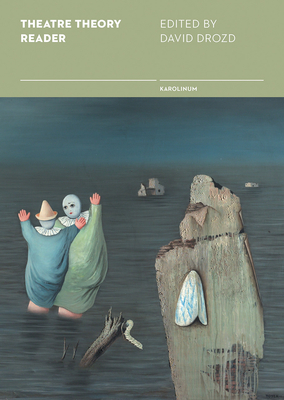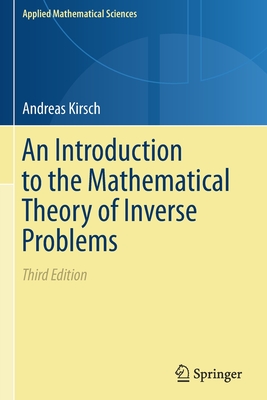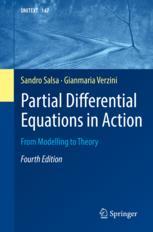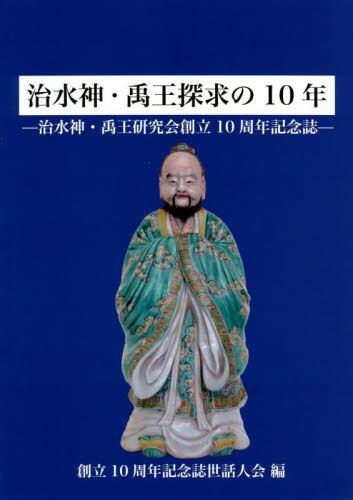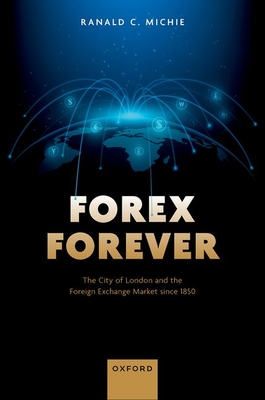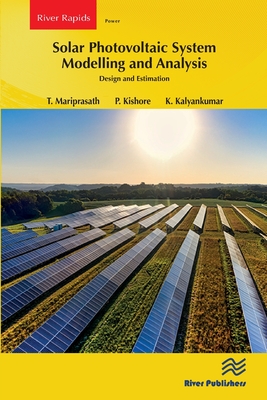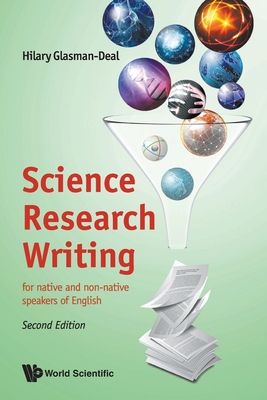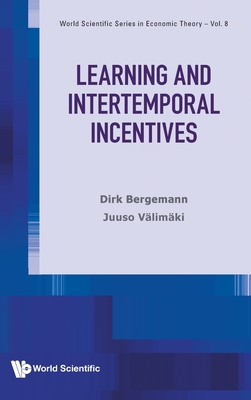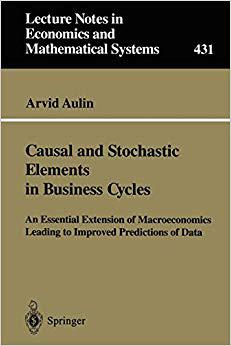
Causal and Stochastic Elements in Business Cycles
微观经济学
¥
520
售 价:
¥
442.00
优惠
平台大促 低至8折优惠
作 者
出版时间
1996年02月15日
装 帧
平装
页 码
116
语 种
英语
综合评分
暂无评分
- 图书详情
- 目次
- 买家须知
- 书评(0)
- 权威书评(0)
图书简介
1. Facts: A leisure term with an unbounded value function, when added to utility in the Lucas (1988) ’mechanics of economic development’, expands enormously the range of data covered by the theory. To explain this we have to ask two questions. First: why leisure would be so much desired? Perhaps because leisure is one’s own time and such a leisure term means an unbounded value of individual freedom. But why leisure is economically productive, as implied by the results obtained in this study? Perhaps because cognitive innovations often occur during the time which in economics is registered as leisure? Then an unbounded leisure term would also make room for an unbounded creation of knowledge, as distinguished from the mere transmission of knowledge in education and training. In any case the leisure term seems to act as if it where the’hole’ through which strong nonmaterial values affect economics. The ensuing ’extended mechanics’ is derived in Chapters 4-6 and proves to involve an extension of growth theory as well as a theory of the causal part of business cycles. Their empirical verification is given by showing (i) that the existence of the two Basic Growth Paths derived from this theory, defining its Growth Type 1 and Growth Type 2, respectively, is verified already by the statistics collected by Solow (1957) but ignored so far (see Chapter 5 of the present study); one of them, viz.
本书暂无推荐
本书暂无推荐
